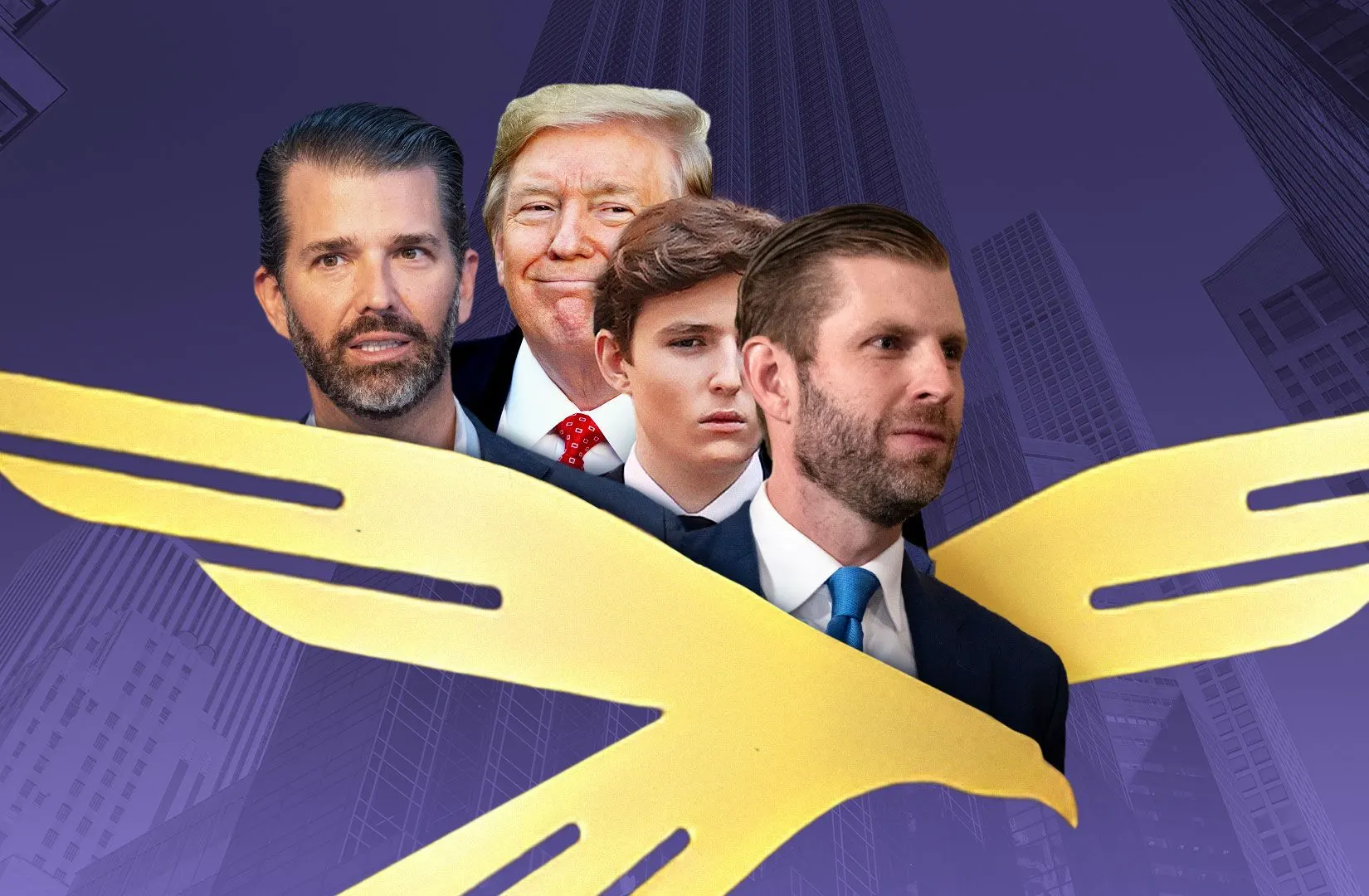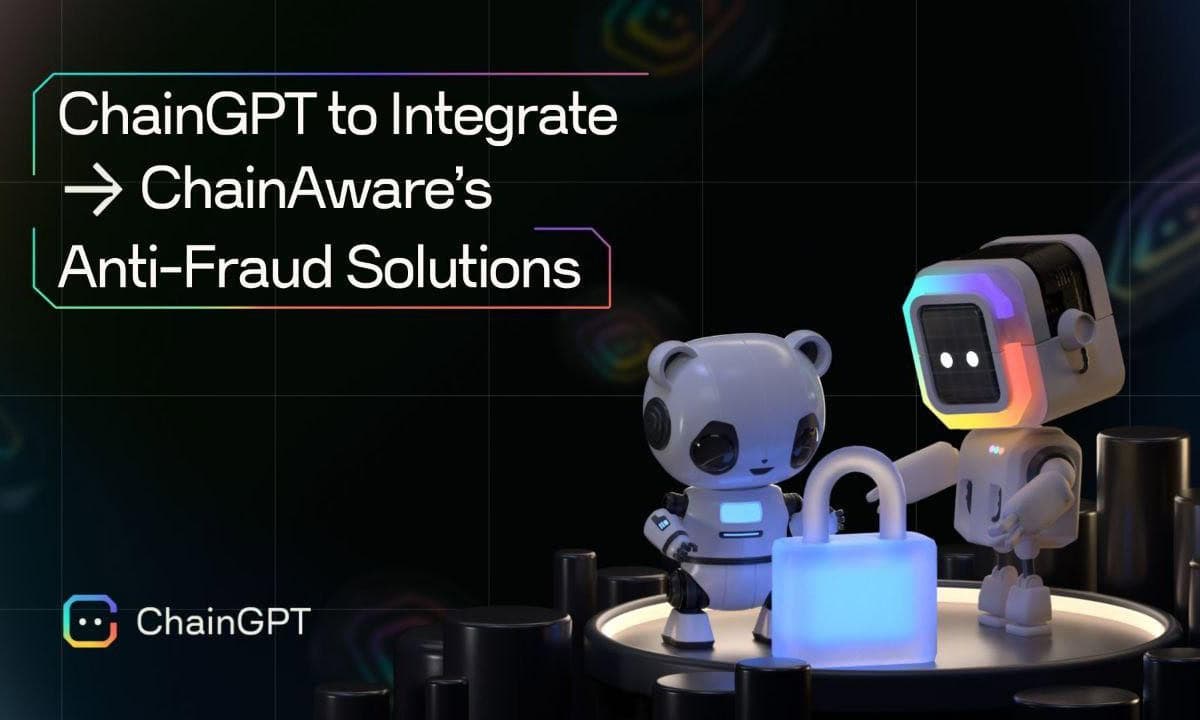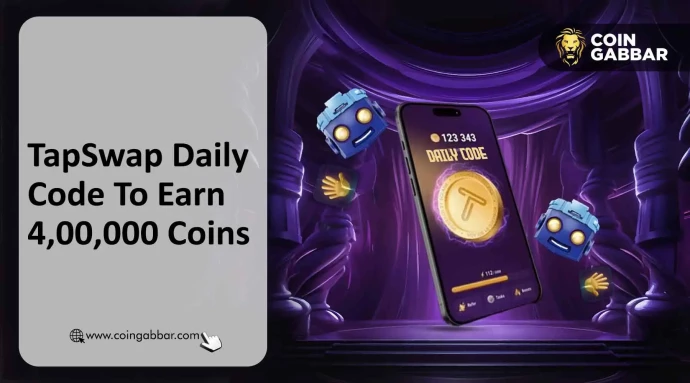The cryptocurrency landscape is abuzz with developments as two high-profile projects with ties to prominent figures make significant moves. World Liberty Financial, a crypto initiative backed by President-elect Donald Trump, has transferred over $61 million worth of Ether in the past day, raising questions about its treasury management practices. Meanwhile, The Open Network (TON), a blockchain project historically linked to Telegram, has announced plans to expand its presence in the United States under Trump’s incoming administration, with a focus on driving retail adoption of digital assets.
World Liberty Financial Moves $61.4 Million in Ether Amid Speculation About Treasury Management
World Liberty Financial (WLFI), the crypto project backed by President-elect Donald Trump, has made headlines once again with significant on-chain activity. Recently, the project transferred $61.4 million worth of Ether (ETH), as reported by blockchain analytics platform Arkham Intelligence. The movement has sparked curiosity and speculation among market participants and observers.
Arkham Intelligence data reveals that WLFI’s primary wallet executed multiple transactions, dispersing funds into several wallets, including Coinbase Prime—a service known for catering to institutional clients. At its peak in mid-December, the wallet held approximately $83 million, but as of now, it contains only $16.7 million.
The project’s official account on X addressed the movements in an effort to quell speculation. In a statement, WLFI clarified, “We’re making routine movements of our crypto holdings as part of regular treasury management, payment of fees and expenses, and to address working capital requirements. To be clear, we are not selling tokens — we are simply reallocating assets for ordinary business purposes.”
The message emphasized that these transfers are part of efforts to maintain a “strong, secure, and efficient treasury,” dismissing any claims of potential token sales or financial distress. However, the sizable transfers and the timing of the transactions have drawn mixed reactions from the crypto community.
Large-scale transactions by high-profile crypto projects often lead to market speculation. In WLFI’s case, some have raised concerns about liquidity pressures or operational challenges. Others believe the project is executing routine financial practices as stated, ensuring liquidity for operations and fee payments.
The latest transactions come shortly after WLFI announced its appointment of Tron Founder Justin Sun as an advisor. The move followed a $30 million investment in WLFI by HTX, the crypto exchange formerly known as Huobi and closely tied to Sun.
Sun’s involvement adds another layer of intrigue to WLFI’s operations. Known for his aggressive business strategies and significant influence in the crypto space, Sun’s advisory role has been viewed as a strategic move to strengthen WLFI’s global positioning.
WLFI’s Strategic Roadmap
Launched as a fork of Aave, WLFI aims to leverage the decentralized finance (DeFi) ecosystem for greater accessibility and financial inclusivity. Backed by a coalition of Trump’s friends and family, the project has captured public attention due to its high-profile endorsements and ambitious goals. However, its association with Trump and recent developments have also invited scrutiny.
WLFI’s emphasis on maintaining transparency about its financial operations are part of its efforts to build trust within the volatile crypto sector. Despite this, unanswered questions about the project’s long-term strategy and financial health persist.
With the project’s Ether holdings now significantly reduced, analysts and investors will closely monitor WLFI’s next steps. Will this reallocation lead to new partnerships, product launches, or a more robust ecosystem? Or will the speculation around its finances overshadow its innovation efforts?
As the project navigates these waters, one thing is clear: WLFI’s movements will remain under a magnifying glass, especially with Donald Trump’s presidency looming large on the horizon. For now, the crypto community will be watching closely to see how WLFI balances its ambitious goals with the operational realities of a high-profile DeFi project.
The Open Network (TON) Eyes US Expansion Under Incoming Trump Administration
The Open Network (TON), a blockchain project with historic ties to Telegram, is setting its sights on expanding into the United States. Under the administration of President-elect Donald Trump, the TON Foundation has identified the US as a key market for its growth strategy, signaling a major development in the project’s journey.
The TON Foundation confirmed its focus on US expansion on Jan. 14, with newly appointed president Manuel Stotz leading the initiative. This marks a pivotal step for TON as it positions itself to play a significant role in the evolving US crypto landscape.
Manuel Stotz, a prominent digital asset investor and the founder of Kingsway Capital Partners, will assume the presidency of the TON Foundation, replacing Steve Yun, who will remain a board member. Stotz emphasized the importance of the US market in a statement, stating, “The US ranks as one of the world’s largest financial centers, and we see enormous potential for it to develop into a crypto hub that will promote and support the retail adoption of digital assets.”
Stotz’s vision aligns with TON’s goal of fostering widespread adoption of blockchain technology and digital assets. A seasoned investor, Stotz has backed more than 50 industry projects, including high-profile names like Animoca Brands, Blockchain.com, and Toncoin.
TON’s ambitions in the US are not without precedent. Initially launched as the “Telegram Open Network” by Telegram co-founders Pavel and Nikolai Durov in 2018, the project aimed to revolutionize blockchain technology. However, legal challenges from the US Securities and Exchange Commission (SEC) forced Telegram to abandon the project in 2020. The SEC alleged that TON’s $1.7 billion token sale for its Gram cryptocurrency constituted an unregistered securities offering.
Following the legal battle, Telegram formally distanced itself from the project, shutting down the TON testnet and terminating its direct involvement. However, the open-source nature of the project allowed independent developers and communities to take the reins, leading to the establishment of the TON Foundation in Switzerland in 2023.
As a nonprofit organization funded entirely by community contributions, the TON Foundation has worked to reinvigorate the project. Despite Telegram’s formal exit, the blockchain and its cryptocurrency, Toncoin, have become increasingly integrated into Telegram’s ecosystem. Telegram CEO Pavel Durov has remained a vocal supporter of TON, and the platform now features various TON-related functionalities, including support for third-party wallets.
Stotz’s appointment and the US expansion mark a turning point in the TON Foundation’s efforts to build on this legacy. In a blog post, Stotz expressed his commitment to driving TON’s mission forward, stating, “I look forward to working with our partners and stakeholders to accelerate this mission — especially in the dynamic and innovative US market.”
The US as a Crypto Hub
TON’s focus on the US aligns with broader trends in the global blockchain space. The United States, as one of the world’s largest financial markets, is a critical battleground for projects seeking mainstream adoption. However, navigating the complex regulatory environment remains a significant challenge for blockchain initiatives.
The Trump administration’s stance on cryptocurrency and blockchain could play a crucial role in shaping TON’s success in the US. While the administration’s policies are not yet clear, the project’s leadership appears optimistic about the opportunities ahead.
TON’s renewed push into the US market signals its commitment to becoming a major player in the blockchain ecosystem. With a history marked by legal hurdles and a resilient community of developers, TON’s journey is a testament to the decentralized nature of blockchain innovation.
As the US prepares for a new administration, the TON Foundation’s efforts could help redefine the role of blockchain in the country’s financial system. For now, all eyes are on Manuel Stotz and the TON Foundation as they navigate this pivotal chapter in the project’s history.














